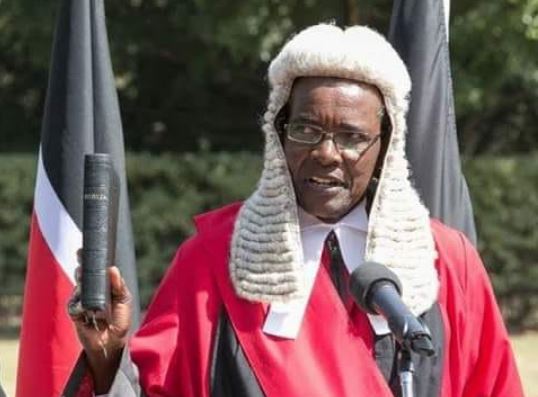More than three million Muslims will be observing Ramadan in isolation as Mosques remain closed.
It is one of the five pillars of Islam, observed by billions of Muslims across the globe – including 3,372,966 in the UK – but today marks the start of the world’s lockdown Ramadan.
Usually a time for fasting, reflection and charity work, 2020 has seen Muslims looking for new ways to observe rules and share food and time together.
Digital technology is being used to help people enjoy online prayers and sermons, as well as to give to charity during the month-long celebration.
Some key elements of Ramadan are undergoing radical change.
Iftar, the meal to break the fast at sunset, is usually a time when friends and family come together to enjoy a feast of delicious food. Muslims then attend the Mosque for special Ramadan prayers called Taraweeh.
But as we approach week six in lockdown, Iftars and Taraweeh prayers will be taking place in isolation as Mosque doors remain firmly bolted.
Instead, many Mosques are going digital, offering online sermons, Islamic teaching sessions and live streaming prayers so Imams can still engage with the community.
One of these is the Karimia Institute in Nottingham – they’re hosting a special Iftar programme on their community radio station at 7:30pm. Readings from the Quran and short prayers will be shared via their Facebook page, which people can watch online before praying Taraweeh at home.
Dr Musharraf Hussain OBE, CEO and Chief Imam at Karimia Institute says this year sees people being urged to find new ways to observe and celebrate.
As he says: “We are telling people to stay home and don’t share Iftar with each other, technology has allowed us to communicate with the community, it is better than nothing.
“Ramadan is always a time for inner development, reflection, patience and sympathy and of course charity. Muslims give a lot of money to charity during this month as well as recite the Quran.
“The Quran plays an important role during Ramadan, they both tie in together and during the pandemic, people have turned to the Quran and many have improved their spirituality.”
Since the lockdown Dr Hussain has also been giving online Islamic sermons and reciting short prayers called the Jummah Khutba on Fridays.
Earlier this month, around 400 worshippers joined Dr Hussain online for Shab-e-Barat. The special day happens every year in the Islamic calendar and it is when Muslims believe Allah (God) writes their destinies for the coming year, after taking into account their past actions.
Ramadan is a month where Muslims give to charity too, with many people making donations to their local Mosques.
Mosques rely on this cash to sustain services and maintain the buildings but since the pandemic, it has become increasingly difficult to raise funds.


.jpeg&w=60&q=100&h=60)









